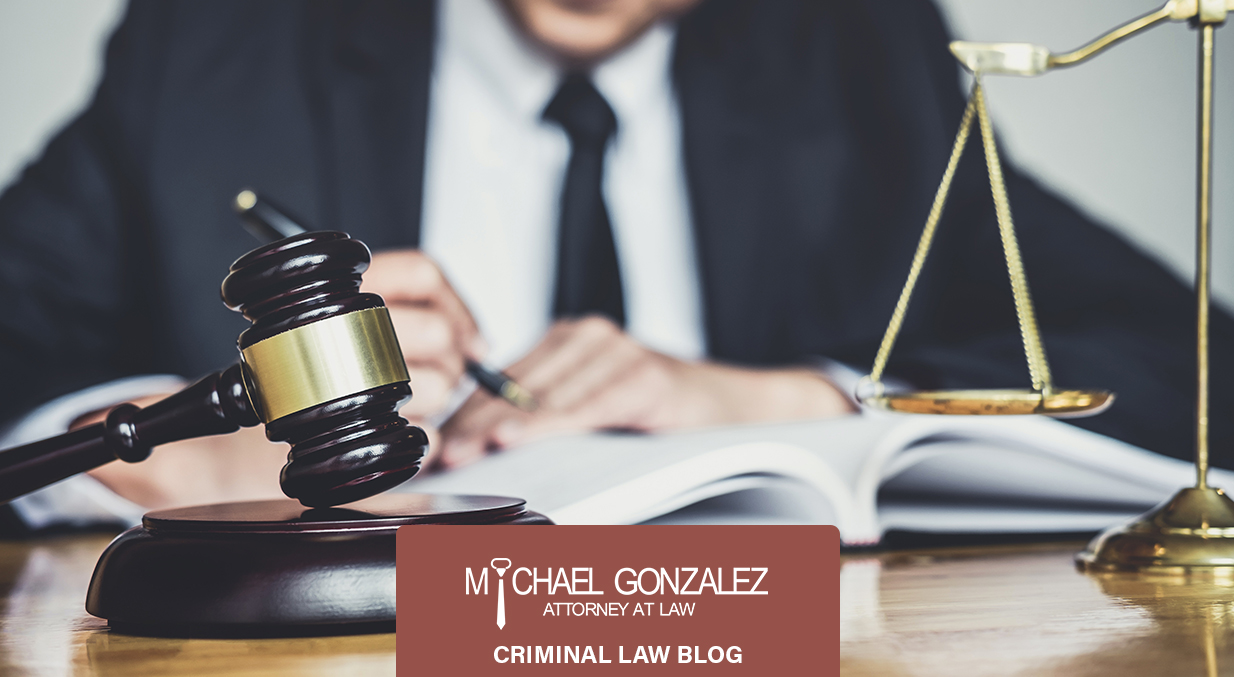Driving while intoxicated (DWI) is a serious crime in Texas that can carry significant penalties, including fines, imprisonment, and the loss of your driver’s license. If you are charged with DWI in Texas, it is important to understand the charges that you are facing and the potential consequences of a conviction. With the help of a skilled and experienced criminal defense lawyer, it may be possible to successfully defend against a DWI charge and avoid the most severe penalties.
One of the key elements of a DWI charge in Texas is the presence of alcohol or drugs in your system while you were operating a motor vehicle. In order to prove that you were intoxicated while driving, the prosecution must present evidence that you had a blood alcohol concentration (BAC) of 0.08% or higher, or that you were under the influence of drugs. This evidence may include the results of a breath or blood test, as well as the observations of law enforcement officers who stopped you and administered the test.
If you are charged with DWI in Texas, your criminal defense lawyer may challenge the evidence that the prosecution presents in order to create doubt as to your guilt. For example, your lawyer may argue that the breath or blood test results were inaccurate or that the officers who administered the test did not follow proper procedures. Your lawyer may also argue that the observations of the officers were subjective and not reliable, or that there were other factors that contributed to your impaired driving, such as fatigue or illness.
Another defense that your lawyer may raise in a DWI case is that you were not actually operating the motor vehicle at the time that you were stopped. Under Texas law, “operation” of a motor vehicle includes not only actively driving the vehicle, but also being in control of the vehicle with the intention of driving it. If you were not actually driving the vehicle or intending to drive it at the time that you were stopped, your lawyer may argue that you cannot be convicted of DWI.
A DWI charge in Texas can have serious consequences, including the loss of your driver’s license, the installation of an ignition interlock device on your vehicle, and the requirement to attend alcohol education classes. If you are facing a DWI charge in Texas, it is important to seek legal counsel as soon as possible to protect your rights and interests. With the help of a skilled and experienced criminal defense lawyer, you may be able to successfully defend against a DWI charge and avoid the most severe penalties.
In addition to challenging the evidence and raising defenses, your criminal defense lawyer may also negotiate a plea agreement with the prosecution in order to reduce the charges or penalties that you are facing. A plea agreement is a formal agreement between the prosecution and the defense in which the defendant agrees to plead guilty to a reduced charge in exchange for a more lenient sentence.
Plea agreements are often used in DWI cases in Texas as a way to avoid the risks and costs of a trial. While a plea agreement may result in a conviction and a sentence, it can also allow the defendant to avoid the risk of a more severe sentence if they are found guilty at trial. In some cases, a plea agreement may also allow the defendant to avoid a license suspension or the installation of an ignition interlock device on their vehicle.
If you are charged with DWI in Texas, your criminal defense lawyer will work with you to determine the best course of action based on the specific circumstances of your case. In some cases, it may be advisable to fight the charges at trial and present a defense in order to try to obtain a not guilty verdict. In other cases, it may be more beneficial to negotiate a plea agreement in order to reduce the charges or penalties that you are facing.
In conclusion, if you are charged with DWI in Texas, it is important to seek legal counsel as soon as possible. A skilled and experienced criminal defense lawyer can help you understand the charges that you are facing and the potential consequences of a conviction. With the help of a lawyer, you may be able to successfully defend against a DWI charge and avoid the most severe penalties, or negotiate a plea agreement in order to reduce the charges or penalties that you are facing.

